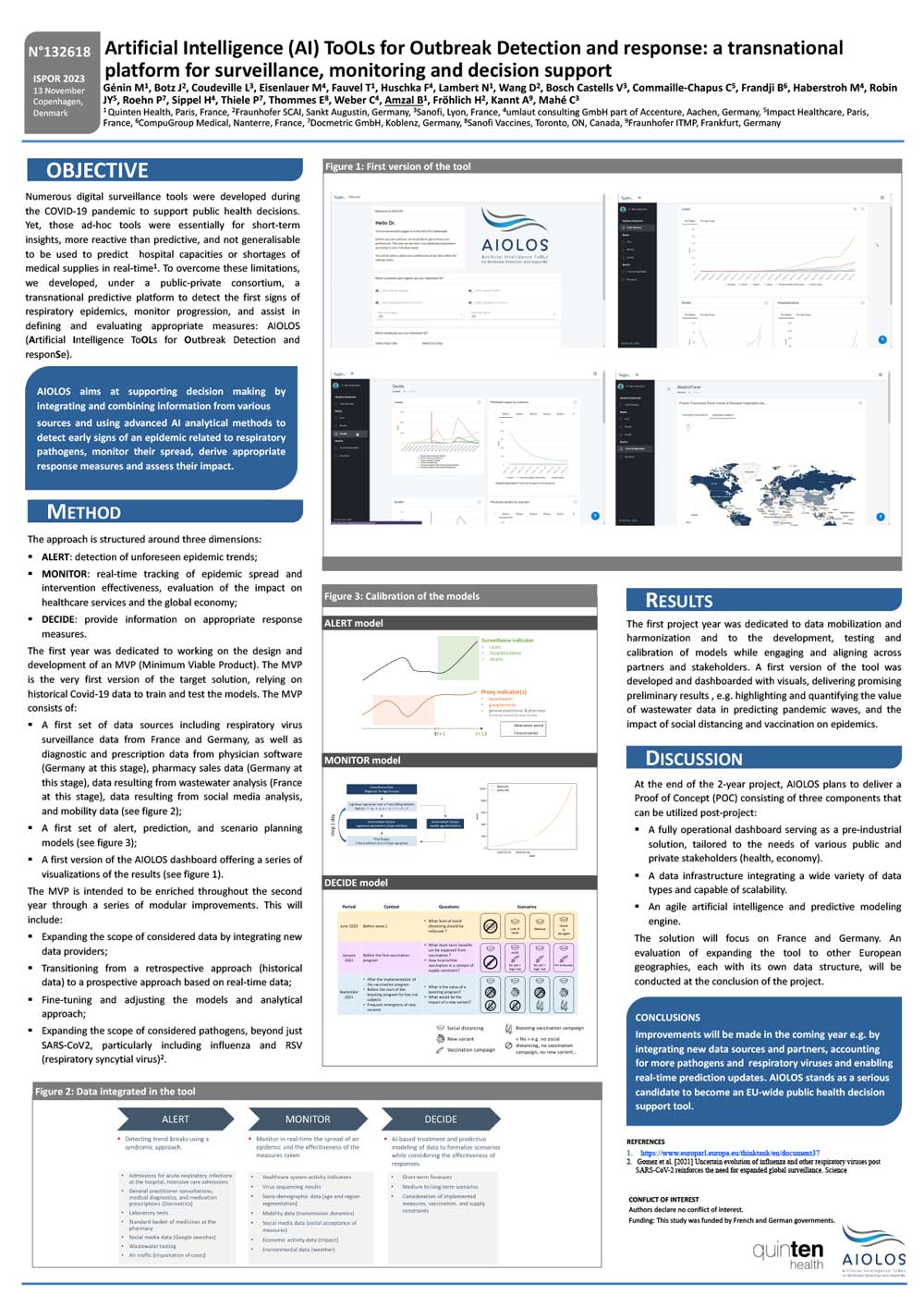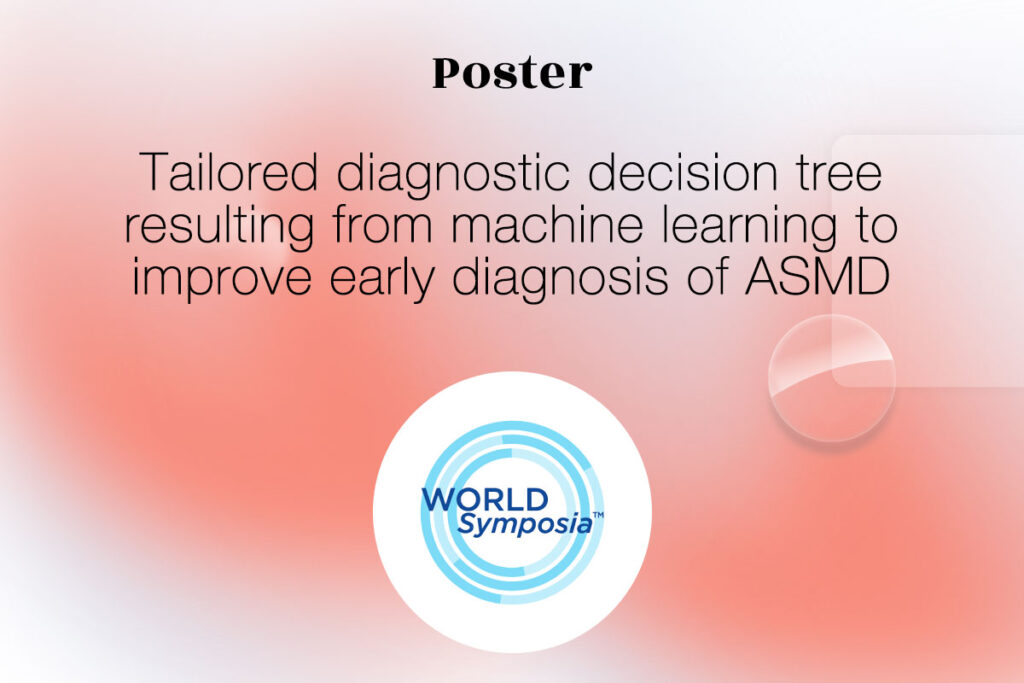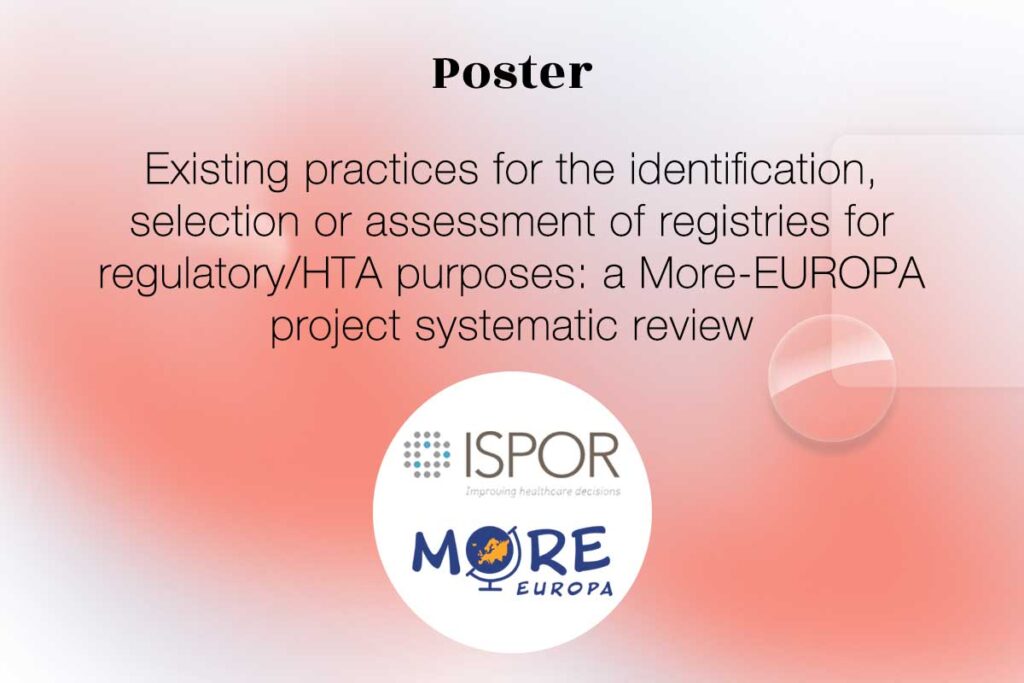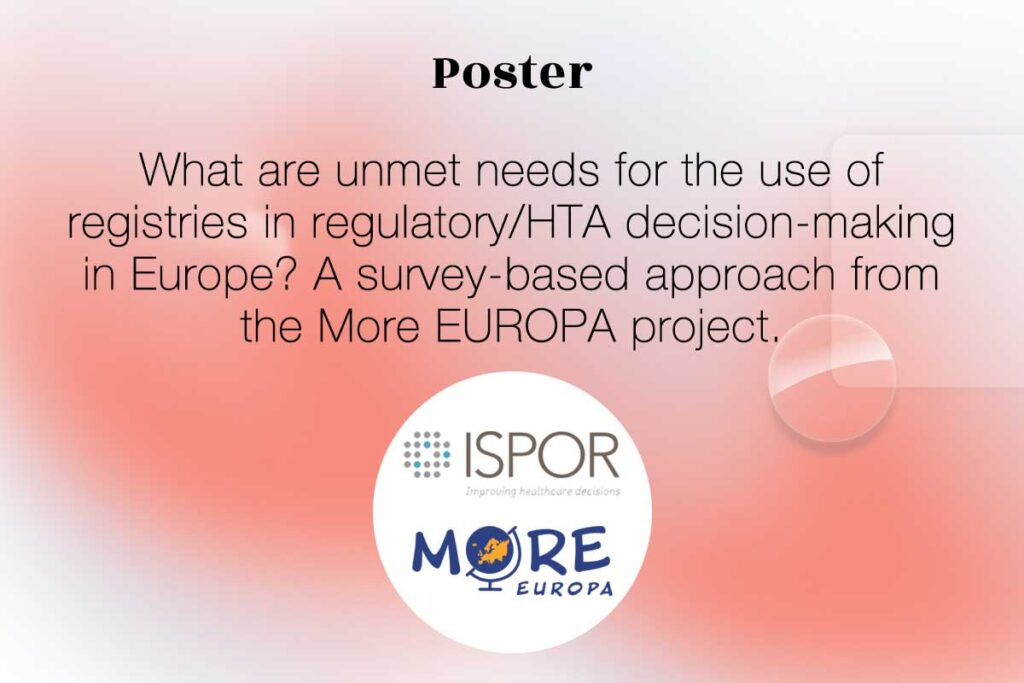Date: 13 November 2023
DOI: https://www.ispor.org/heor-resources/presentations-database/presentation/euro2023-3784/132618
CONFERENCE/VALUE IN HEALTH INFO:
2023-11, ISPOR Europe 2023, Copenhagen, Denmark
Value in Health, Volume 26, Issue 11, S2 (December 2023)
Abstract
Objectives
Numerous digital surveillance tools were developed during the COVID-19 pandemic to support public health decisions. Yet, those ad-hoc tools were essentially for short-term insights, more reactive than predictive, and not generalisable to be used to predict hospital capacities or shortages of medical supplies in real-time. To overcome these limitations, we developed, under a public-private consortium, a transnational predictive platform to detect the first signs of respiratory epidemics, monitor progression, and assist in defining and evaluating appropriate measures.
Methods
We developed AIOLOS, a web-based AI-powered monitoring and decision support tool, using integrative modeling and simulations informed by multiple data sources (wastewater, social media, mobility data). Trained for now on COVID-19 historical data in France and Germany at both regional and national levels, this platform aims at detecting early signs of a new viral epidemic, monitoring its spread, and informing public health decisions to optimize its social, public health and economic impact.
Results
The first project year was dedicated to the development, testing and calibration of models while engaging and aligning across partners and stakeholders. A first version of the tool was developed and dashboarded with visuals, delivering promising preliminary results, e.g. highlighting and quantifying the value of wastewater data in predicting pandemic waves, and the impact of social distancing and vaccination on epidemics.
Conclusion
Improvements will be made in the coming year, e.g. by integrating new data sources and partners, accounting for more pathogens and respiratory viruses and enabling real-time prediction updates. AIOLOS stands as a serious candidate to become an EU-wide public health decision support tool.










